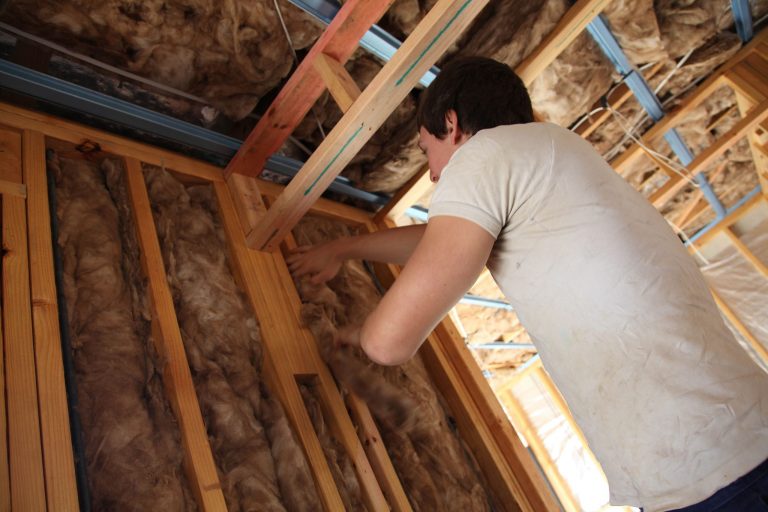
GREEN VALUE: the link between energy efficiency and buyer demand
Selling | August 11, 2022 | twentytwo

Selling | August 11, 2022 | twentytwo

Making your home more eco-friendly is of course good news for the planet, but it has other benefits too.
It can help raise the property value and, if you are looking to sell, make it quicker and easier to find a buyer.
The results of a recent survey by Rightmove, titled Green Homes, What Does the Future Hold?, indicate a direct correlation between buyer demand for a property and its energy efficiency.
At this time of ever higher energy prices, the report found that improving a home’s energy rating could add 16% to the asking price.
The analysis reflects increasing awareness of ratings shown on EPCs, or Energy Performance Certificates. The 16% uplift in value is the prospective benefit of moving up from an F to a C rating.
Completed by a qualified assessor, an EPC provides information about a property’s current energy use and the likely future costs of heating, lighting and hot water.
Certificates include potential ratings if recommendations for improved energy use are implemented.
These might include measures such as installing solar panels or better insulation or replacing an old boiler with a heat pump.
Nearly nine out of ten homeowners (89%) responding to Rightmove said the biggest reason for making energy efficiency improvements was to save money.
But that wasn’t the only driver.
Forty-one per cent of respondents said that adding value to their home was the most important reason while just under half (49%) said their dominant motive was to cut its carbon footprint.
And 28% cited the need to future-proof the property ahead of a possible sale in the future.
All these factors point to the need to be more aware of sustainability and the steps you can take on the overall path towards net zero.
EPC ratings will play an increasingly vital role in making properties greener.
This is especially true in the rental market including Buy to Let.
Since 2018, landlords and Buy to Let purchasers have been legally prohibited from renting out properties below an E rating unless there is an exemption.
From 2025, the rules will tighten under current government plans. The E grade will switch to a C for new tenancies. The same rise will apply to all tenancies from 2028.
The message is clear. Greener homes will steadily become the expectation rather than the exception.
We may well see more buyers asking for discounts if, for example, a property for sale has only single glazed windows or an old boiler.
We could also see a rise in ‘green mortgages’, offering more favourable terms for homes with higher EPC ratings.
While of course good for the planet, this could present a harder sell for owners of older, less energy-efficient homes looking to move.
And a buyer could be faced with paying a less favourable mortgage rate if they have their heart set on that lovely, historic period home that has a poor rating because of its structure and features.
The upshot of all this for owners, sellers and landlords is to ensure the energy performance of the property is as good as it can be.
And if you haven’t already, it’s time to start thinking about that right now.
Check out our previous blog on EPC ratings and if you would like more information on how best to prepare your home for sale or rent, contact us here at Chinneck Shaw. You can also stay up to date on latest developments in the property market by receiving our quarterly newsletter.
Book a face-to-face valuation with one of our local property experts, free without any obligation.